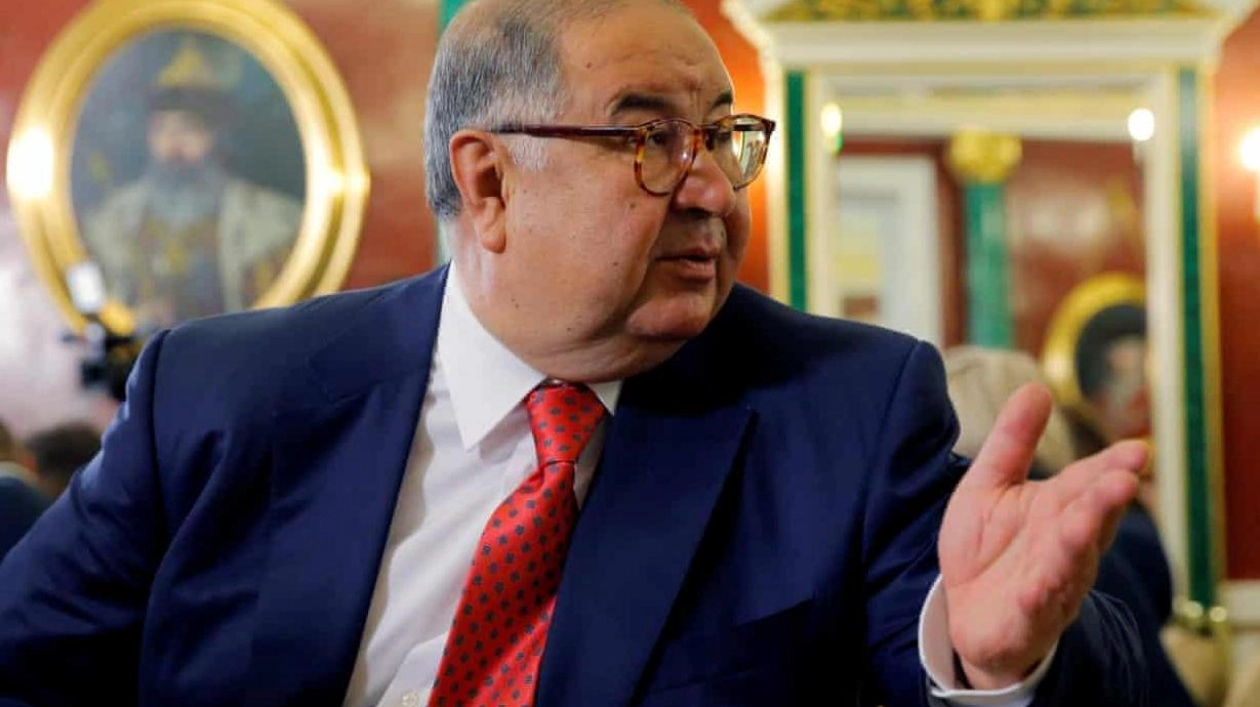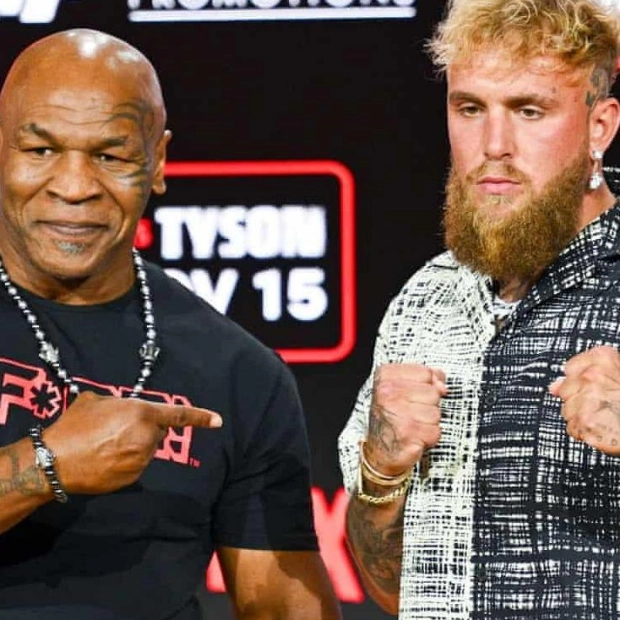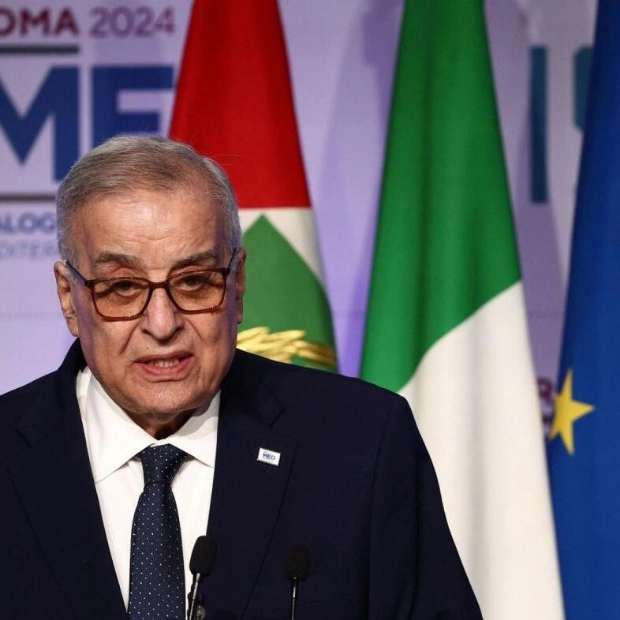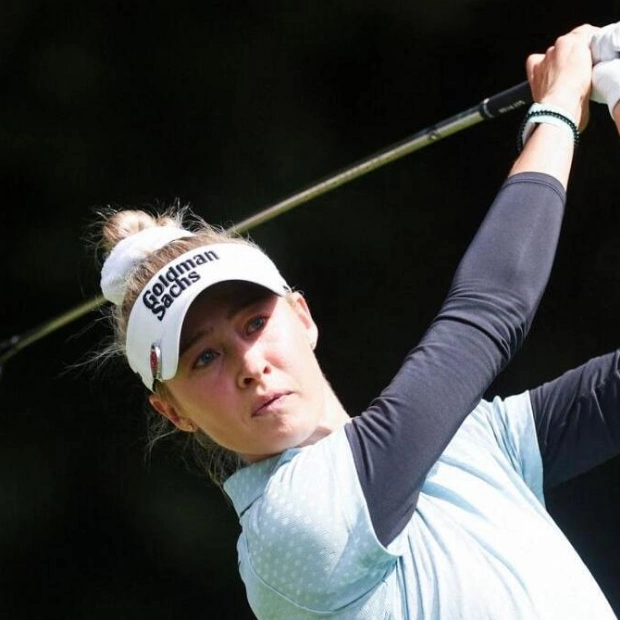In the realm of sports governance, few institutions rival the exclusivity of the G7, BRICS, or the UN Security Council. These invitation-only clubs are reserved for the wealthiest and most powerful nations. From athletics to swimming, rowing to basketball, football to fencing, nearly all international sports federations operate under the principle of “one nation, one vote.” As a FIFA executive once remarked to me: “If people find it odd that a small Caribbean nation’s vote carries the same weight as Germany’s or Brazil’s, what would they say if Bill Gates’s vote counted more than his gardener’s in a US election?” Point taken. The question then arises: why has this model of radical democracy led to the current state of affairs—numerous international sports bodies governed like fiefdoms by presidents who are routinely re-elected term after term without opposition, effectively functioning as autocrats?
The answer lies in the fact that, while all votes may count equally, some voters are inherently more influential than others. Specifically, many, if not most, of these voters are from smaller, poorer countries that are financially dependent on funding from their sport’s governing body. The power granted to them by the electoral system is ultimately used to support their benefactor. This dynamic is set to play out once again with the likely return of Alisher Usmanov, who ruled over world fencing unchallenged from 2008 until his resignation in March 2022. Usmanov, a former minority shareholder of Arsenal and Everton FC, was described by The Official Journal of the European Union as a “pro-Kremlin oligarch with particularly close ties to Russian President Vladimir Putin,” and was one of the first Russian nationals to be sanctioned following Russia’s invasion of Ukraine.
Despite losing an appeal to overturn these sanctions in the European Court of Justice in February, Usmanov remains subject to a travel ban and asset freeze in 38 countries, 37 of which are members of the International Fencing Federation (FIE), including Switzerland, where the FIE is headquartered. Yet, two-thirds of FIE’s 156 affiliate federations have either proposed or endorsed Usmanov for the upcoming election on November 30 in Uzbekistan, his birthplace and the country he represented as a sabre specialist during the Soviet era. His sole opponent, Swedish businessman Otto Drakenberg, who competed in the épée event at the 1988 Seoul Olympics, stands little chance unless Usmanov is barred from the vote.
Theoretically, this could still occur, but it would require the International Olympic Committee (IOC), under whose auspices the FIE operates, to uphold the values enshrined in its own charter. Given Usmanov’s close relationship with IOC President Thomas Bach, a former fencer himself, this seems unlikely. Bach, along with Vladimir Putin, was among the first to congratulate Usmanov effusively when he was elected—unopposed—for a fourth term as FIE president in 2021. Ethical considerations aside, Usmanov’s potential election would set a new standard for absurdity in sports politics, driven by the logic of financial self-interest.
As highlighted by the Swedish Fencing Federation in a letter to the FIE Executive Committee, seen by The Guardian, Usmanov would be unable to operate from the FIE’s Swiss headquarters due to his sanctions. He would also be barred from attending competitions in 36 other countries, including FIE World Cup events in Spain, Germany, Italy, France, the USA, and Greece in the two months following his likely election. Legally, the FIE, as a Swiss entity, must comply with Swiss law. Having a sanctioned individual like Usmanov as its president could result in the FIE being denied access to its own funds. According to an explanatory note from Switzerland’s State Secretariat for Economic Affairs’ Sanctions Division, also seen by The Guardian, “the asset freeze and the prohibition of making funds available apply not only to sanctioned individuals but also to organizations that are owned or—directly or indirectly—controlled by them.”
This legal reality may prompt some of Usmanov’s supporters to reconsider, especially given that their enthusiastic backing has been largely driven by financial considerations. Usmanov, a multi-billionaire, has been incredibly generous, donating to the IOC’s Lausanne museum in 2020 and supporting the FIE through the Covid-19 pandemic. His personal donations accounted for 93% of the FIE’s total income in 2020, a staggering 5 million out of 5.4 million Swiss francs. In contrast, the FIE reported a revenue of 1.8 million Swiss francs and a loss of 6.5 million in 2023, following Usmanov’s departure. The decision ultimately rests with the delegates who will gather in Tashkent at the end of the month, representing national federations from countries like Afghanistan, which last sent a fencer to an international competition in 2006.
In fencing nations like France or Italy, where the sport is supported by public funds, Usmanov’s contributions hold little sway, and support for his candidacy is nearly non-existent, with Hungary being a notable exception. However, in countries where fencing remains an amateur sport for athletes but not for administrators, a different game is at play—one that Usmanov has mastered over the years. The smaller the federation, the greater the allure; what masquerades as a democratic vote is, in reality, an auction. The highest bidder always wins.
Source link: https://www.theguardian.com






